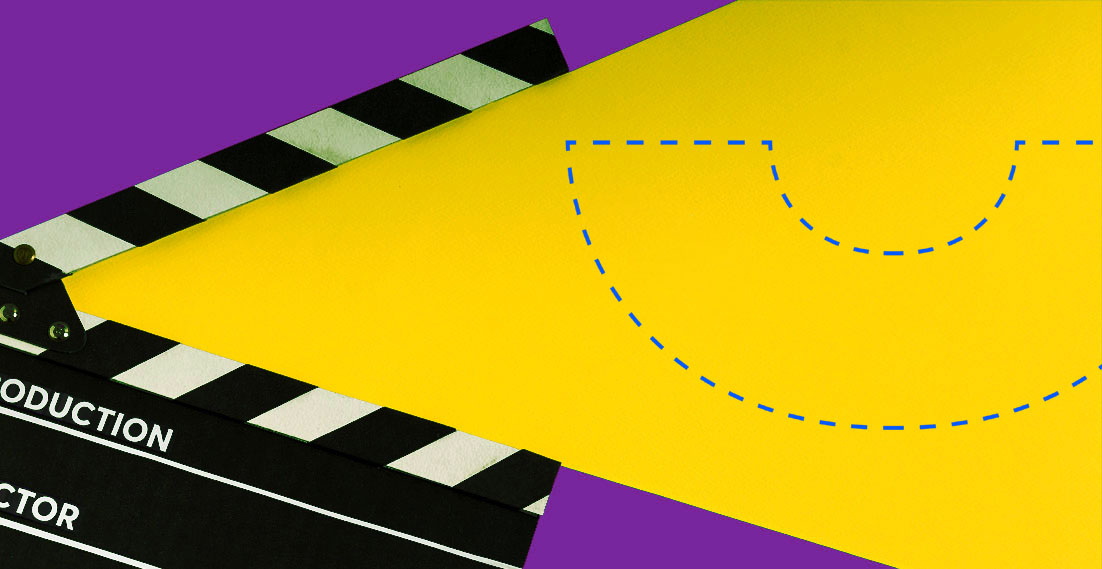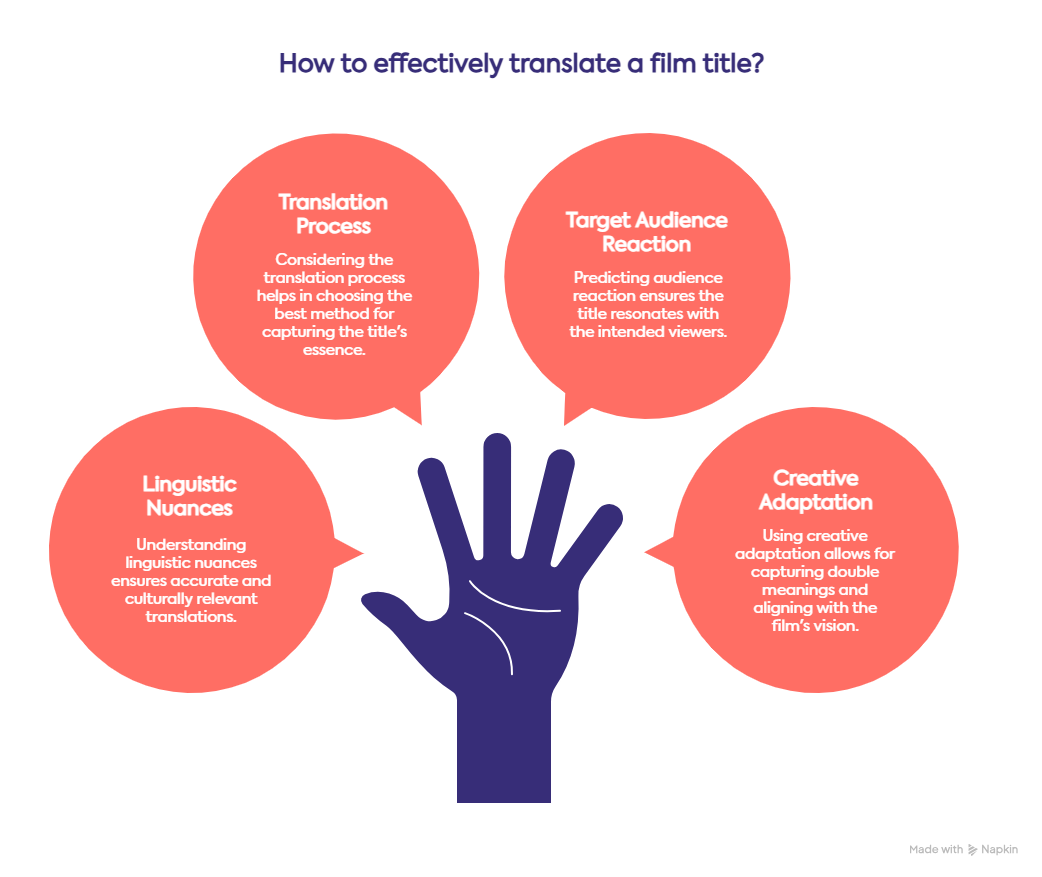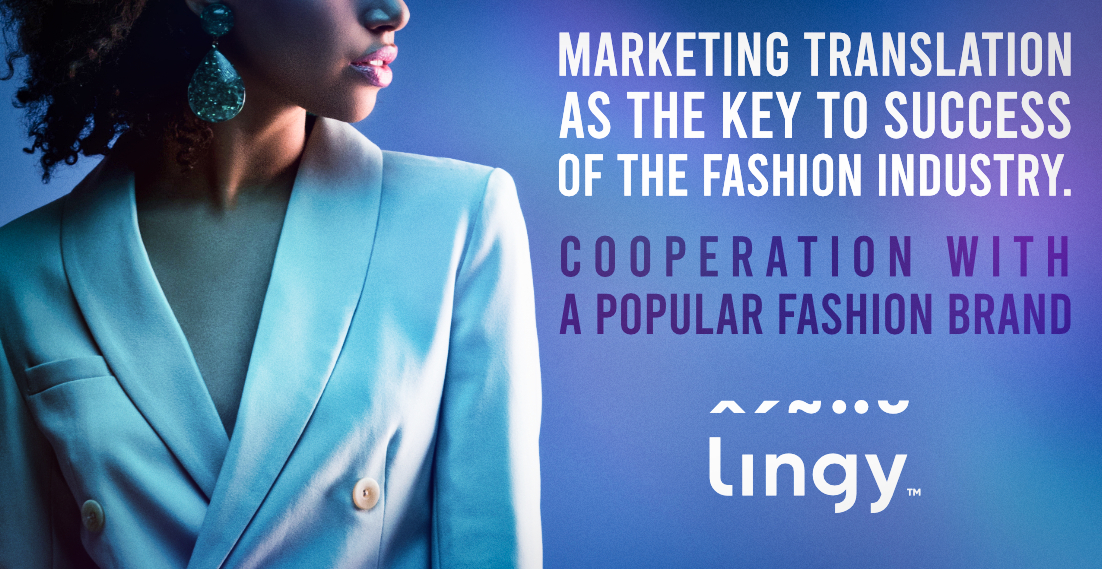Translation of movie titles – why is it so difficult?

Translation of Movie Titles – Why Is It So Difficult?
Most people have come across a situation where the English movie title and its foreign title seem completely unrelated. This doesn’t always mean poor translation – often the reason lies in marketing strategies, distribution choices, or even cultural adaptation. Understanding why translating movie titles is a difficult but fascinating process helps reveal how much business, linguistics, and creativity go into a single film title.
What Makes a Good Film Title?
So, what are the features of a good film title? There isn’t a universal formula, but most successful titles of films share these traits:
- accessible to the target audience,
- catchy and easy to remember,
- intriguing enough to spark curiosity,
- sometimes funny or poetic,
- short, yet able to capture the essence of the film.
Interestingly, titles often differ when a movie is adapted from a book. For example, Misery by Stephen King or the Harry Potter franchise kept the original title, but Love, Simon (Polish: Twój Simon) was marketed differently. Here, the new title helped reach a wider audience and even influenced later editions of the book.

Why Are Movie Title Translations So Tricky?
From a translation perspective, movie title translations are never just a matter of a literal translation. Translators and marketers must decide: should they create a direct translation, go for a literal word-for-word translation, or invent a completely new title to better match the cultural context of the target language?
This is why a movie translator is not only a linguist but also a marketer. They must balance linguistics, popular culture, and marketing strategies, making sure the translated title works for the target audience without sounding strange.
Teams Behind Translating Film Titles
It’s a myth that a single person is always responsible for a translated title. In fact, whole teams work on them – combining knowledge of linguistics, marketing, and localization.
A great example is Die Hard. The original movie title literally translated would sound odd in Polish. Instead, the Polish version (Szklana Pułapka, meaning Glass Trap) was chosen to sound more dramatic and commercially appealing. At the time, no one predicted sequels would move the action away from the “glass building,” which shows how risky such decisions can be.
The Business Behind Film Title Translation
Film is, above all, a business. The translation process of a film’s title often has less to do with the literal meaning and more with creating a catchy name that drives ticket sales.
That’s why we see strange, funny, or even accidental results:
- Attack of the Killer Tomatoes
- Santa Claus Conquers the Martians
- A Nymphoid Barbarian in Dinosaur Hell
These foreign titles, while bizarre, spark curiosity and get people talking – which is exactly the point. Sometimes, producers deliberately choose something funniest or unusual, knowing it will boost recognition.
Movie Titles in Other Languages – Lost in Translation
When we look at movie titles in other languages, we notice some truly lost in translation gems. In Spain, Sweden, Croatia, or Thailand, translating a film title often leads to cultural surprises. A Chinese title may sound poetic, while a Danish title may feel too direct.
Examples show how titles are translated differently depending on slang, cultural background, or marketing strategy. Sometimes they are translated literally, other times directly translated, and sometimes completely reimagined. This proves there are several strategies at play.
The Translator’s Role – Half Writer, Half Marketer
Ultimately, a translator of film titles is both a linguist and a strategist. They must understand the linguistic nuances, consider the translation process, and predict how the target audience will react.
Whether they rely on equivalence, substitution, or creative adaptation, their job is more than just to translate the title. They must capture double meanings, avoid mistranslation, and align with the film studio’s vision. In this sense, translating movie titles is not only about language but also about culture, business, and marketing.

Other Articles You Might Like
Audiovisual translation – what is it?
Braille – everything you need to know about it
Emoticons and emojis – images in the world of words
👉 Translation? Trust our professionals – we make sure your titles from English reach the right target audience in every foreign language
Marketing translation as the key to success of the fashion industry. Cooperation with a popular fashion brand
We cooperated with many customers on a daily basis. They include local companies, international enterprises and well-known brands. What are the similarities between all of them? Everyone expects high-quality translations that will help in business development. Additionally, professional translations affect their image, contribute to the opinions of recipients and are the decisive factor when it […]
Hemingway Editor and other tools for text proofing and translation
Typically, content writers first note down the message they wish to put across to their audience. Then, they re-read and edit the text. This way, they can achieve better readability, understanding and structure, and at the same time they can correct any errors in the content. It is a complex process, but fortunately there are […]
Translation of advertising slogans – how not to fall into the language trap?
Advertising translation involves the process of transferring advertising messages from one market to another. The advertising discourse is created in a language that is not only a communication tool, but also an expression of culture. This makes ad translation a highly accuracy-demanding activity. Translating slogans requires both a cultural and linguistic connection. Adapting a brand […]
Top 8 Languages for E-commerce purposes: Boosting Global Reach Through Effective Translation
Do you manage an e-shop and want to source customers abroad to increase profit? Translation will be the basis for reaching foreign recipients with your offer. You need to start speaking their local language and adjust product descriptions or service descriptions to the country where you intend to sell them. This process of adapting your […]



